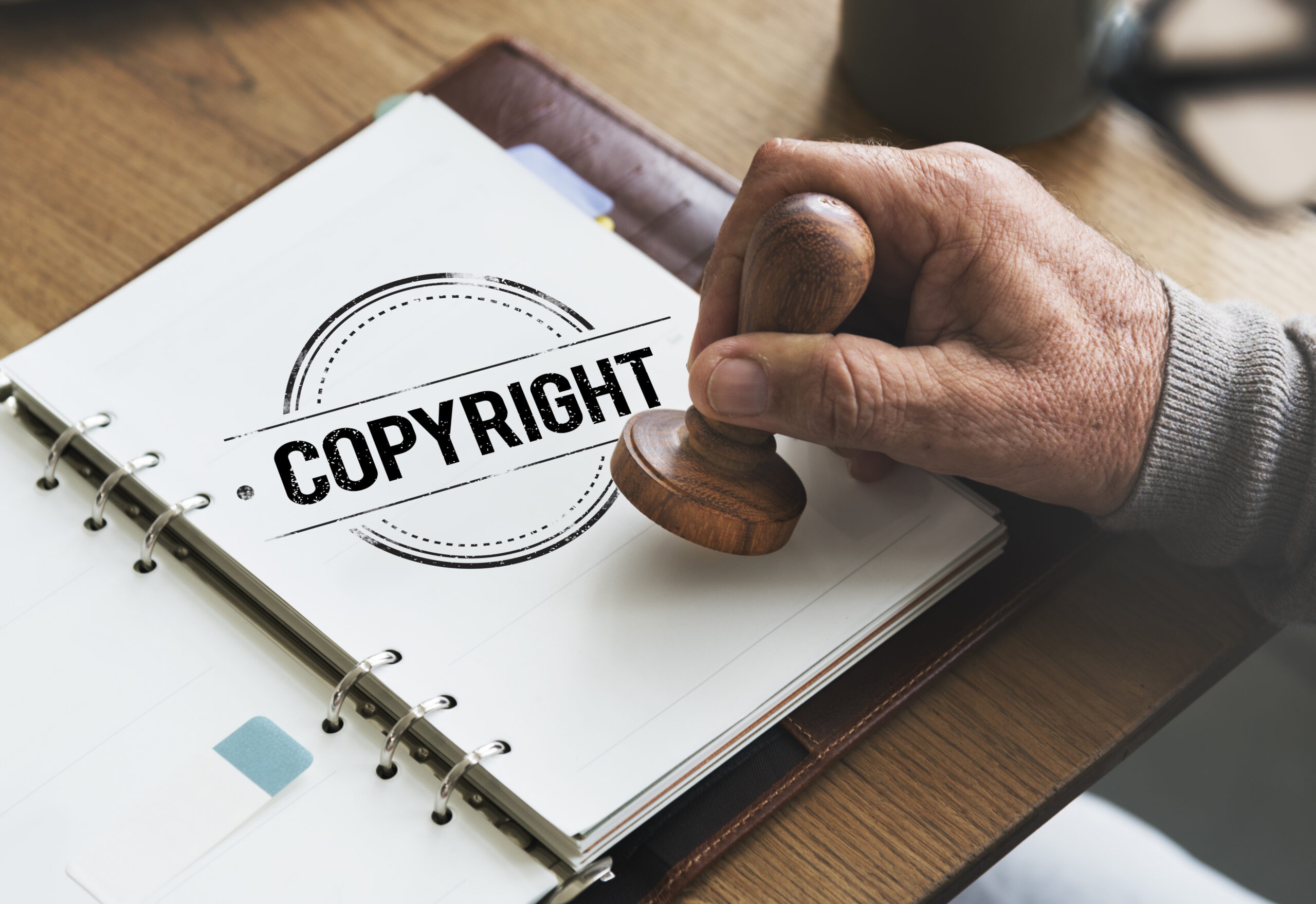In a significant ruling, the Bombay High Court recently clarified that film titles cannot be protected under copyright law, even if registered with a film association. This decision has once again brought attention to the importance of understanding copyright registration in India, its scope, and the remedies available for creators. For filmmakers, authors, and other creative professionals, this judgment highlights why it is essential to know the boundaries of copyright and when to explore other intellectual property protections like trademarks.
What Is Copyright Registration in India?
Copyright registration in India is a legal process that grants creators exclusive rights over their original works, such as literary, artistic, dramatic, and musical creations. Once registered, the copyright holder can control how their work is reproduced, distributed, or communicated to the public.
However, it is equally important to understand what copyright does not protect. A single word, title, slogan, or name typically lacks the originality or creative expression necessary for copyright protection. This is precisely why the Bombay High Court emphasized that film titles do not fall within the ambit of copyright.
The Bombay High Court’s Stand on Film Titles
The court clarified that even though film associations allow producers to register titles to avoid internal disputes, such registrations are not legally enforceable under the Copyright Act, 1957. Copyright law is designed to protect the expression of ideas, not short phrases like titles.
This means that even if a filmmaker registers a title with an association, another party cannot be restrained under copyright law from using a similar title. The only possible legal remedy lies in trademark protection, where a film title that has acquired distinctiveness or brand value can be registered and defended.
Copyright Process in India
For creators who want to safeguard their works, the copyright process in India is straightforward but crucial. It generally involves:
- Filing an application with the Copyright Office (can be done online or offline).
- Submitting all required details and documents related to the work.
- Examination of the application by the Registrar.
- Hearing of objections (if any) from third parties.
- Issuance of the certificate of registration upon approval.
Understanding this process ensures that creators can properly secure their rights and avoid future disputes.
Online Copyright Registration Services in India
In today’s digital age, creators increasingly prefer using online copyright registration services in India. These services make it easy for authors, musicians, artists, and production houses to protect their intellectual property without complex paperwork.
Professional law firms and IPR specialists often provide these services, guiding clients through the application, documentation, and compliance requirements. Choosing the right service provider can save time, reduce errors, and ensure smooth registration.
Why Film Titles Require Trademark Protection
While the copyright process in India is effective for creative works, film titles usually require a different strategy. Since titles are not eligible for copyright protection, filmmakers should consider trademark registration.
Trademarking a title can:
- Protect it against unauthorized commercial use.
- Build a brand identity around the film or franchise.
- Provide long-term enforceable rights across industries.
Well-known film titles like Sholay or Dilwale Dulhania Le Jayenge are prime examples where trademark protection ensures exclusivity and commercial value.
Key Takeaways for Creators and Filmmakers
The Bombay High Court’s decision is a reminder that creators must adopt a comprehensive intellectual property strategy. While copyright registration in India remains essential for protecting original creative works, film producers and content creators should also explore trademarks for titles and brands.
Relying solely on film association registrations is not sufficient in legal terms. Instead, combining copyright, trademark, and even design protections where applicable ensures a stronger legal shield for creative projects.
Conclusion
The ruling of the Bombay High Court underscores the limitations of copyright registration in India. Titles, being short and lacking originality, cannot be protected under copyright law, even if registered with film associations. However, this does not leave filmmakers without remedies. By strategically using online copyright registration services in India for creative works and trademark protection for film titles, creators can safeguard both their artistic expression and their commercial identity.
At our law firm, we specialize in assisting creators, filmmakers, and businesses with copyright registration in India, trademark filings, and comprehensive IP protection strategies. Protecting your work is not just a legal necessity—it is an investment in your creative future.



